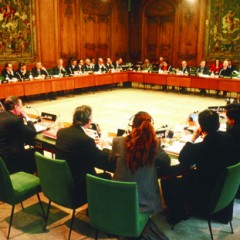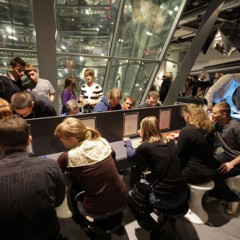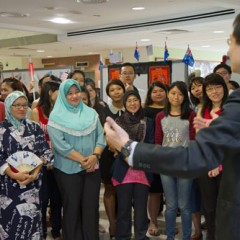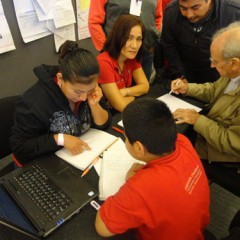The Global Search for Education: What Germany Did
“The results that were above the OECD average in the PISA 2012 test could also be interpreted as good feedback to the schools – students, teachers, principals and the parents – that their efforts were necessary and successful.” – Elfriede Ohrnberger Germany’s poor performance in the 2000 PISA test surprised and concerned the relevant stakeholders in that country. By 2012, scores in mathematics,...
The Global Search for Education: China Online
“A large number of well-informed technology information based jobs will be created related to digital communication technology and skills, and a more interactive and healthy society will emerge, which will serve as a strong propeller for the Chinese economy and the expanding political path.” – Gaofeng (Lester) Ruan Given all of the issues China faces with its rural poor, Internet access presents both massive...
The Global Search for Education – What Poland Did
“The crucial difference between Poland and many other countries is that we focus on providing the same comprehensive curriculum to students until the age of 16 and ensuring that nearly all students finish upper secondary school.” – Maciej Jakubowski What were the education reforms that enabled the improvement of Polish students’ 2012 PISA test results from far below the OECD average to the European top? ...
The Global Search for Education: The World Test?
“The more important questions that countries have to ask themselves are why they are comparing with one another and what they are doing with the findings to improve the education of their children. Countries should take PISA results as a useful reference, not as a report card.” – Pak Tee Ng The Program of International Student Assessment (PISA) is an exam given every three years to 15 year olds around the...
The Global Search for Education: Education Is My Right – Mexico
“Although in the U.S. there are increasing conversations about personalized learning, digital learning, deeper learning and alike, the prevalent content delivery mechanism in most schools remains the traditional, 20th century approach to learning. The tutorial networks give us an opportunity to start the conversation about what strategies engage students in the process of learning.” – Helen Janc Malone What...






Recent Comments